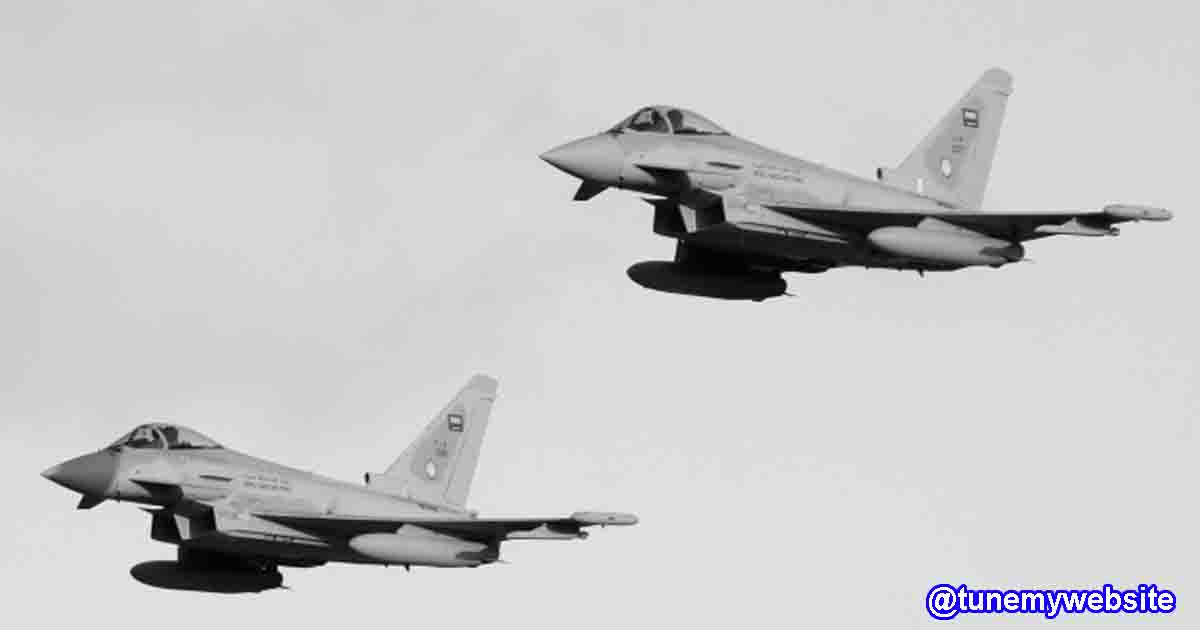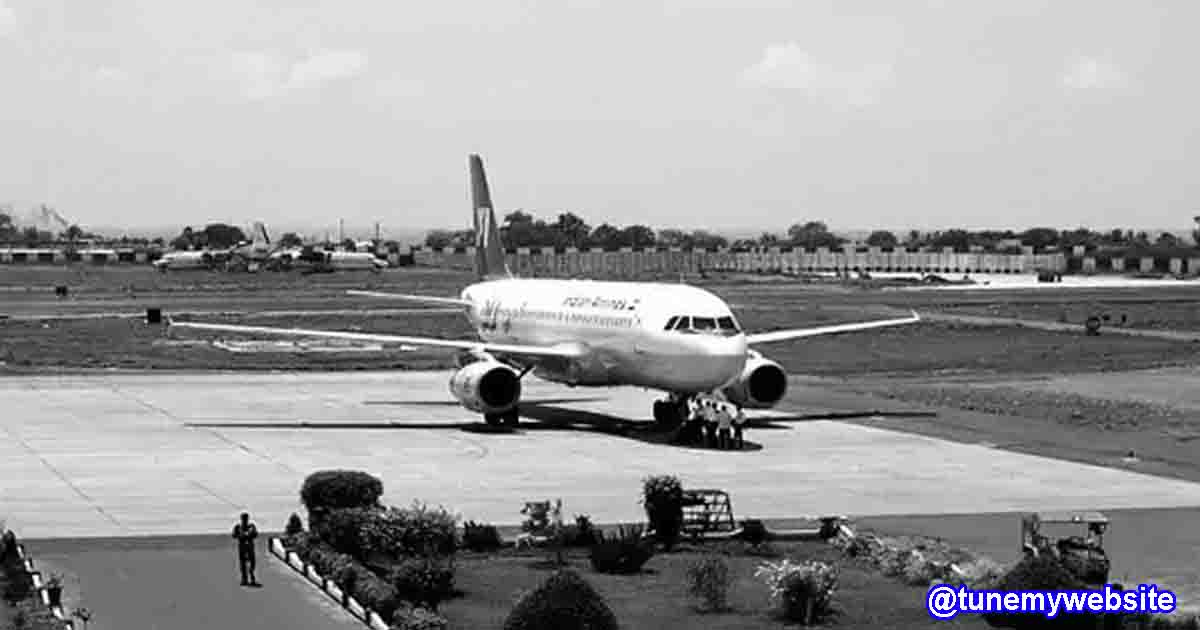German French arms producers reduce US technologies use - France and Germany need to cut their innovative reliance on the US – a NATO partner – and depend more on their own items with regards to assembling military gear, as indicated by German paper Welt am Sonntag.
Military makers in Germany and France are purportedly endeavoring to eliminate US advances in helicopter development, making another ambush rifle for the German Armed Forces (Bundeswehr), just as another warrior stream created under the Future Combat Air System (FCAS) program, drove by the two countries' planemakers.
The security of touchy information is one reason behind the push to acquire freedom from the US in military creation, the German outlet announced. Also, the organizations are worried that Washington keeps up power over any gear utilizing its innovation under the International Traffic in Arms Regulations (ITAR), and can in this way square arms trades.
"Without ITAR and different US administrative frameworks, Europe gets more opportunity in who to flexibly with military items," said Florent Chauvancy, deals chief of the Helicopter Engines Department of French maker Safran, as refered to by the distribution.
As per the report, Safran needs to band together with German maker ZF Friedrichshafen to build up another drive which could be introduced in an enormous military automaton. Be that as it may, it is as of now hazy whether the European military's offered to totally maintain a strategic distance from US innovation is a sensible one.
German French arms producers reduce US technologies use


The news comes not long after the US reported the withdrawal of around 12,000 US troops from Germany, as US President Donald Trump more than once denounced Europe – and Berlin specifically – of neglecting to pay a lot of NATO's protection costs. Simultaneously, the president said he wouldn't like to "secure" Germany, as it pays "billions of dollars" for imports of vitality from Russia.
The US has been vocally restricting nearer participation among Russia and Germany on vitality, including the development of the Nord Stream 2 pipeline along the Baltic Sea, while attempting to help its melted flammable gas (LNG) shipments to Europe. While a year ago Washington just figured out how to end the task, it has as of late ventured up pressure on speculators and every European firm associated with it.
"It's an unmistakable admonition to organizations that helping and abetting Russian defame impact tasks won't go on without serious consequences. Get out now or hazard the outcomes," US Secretary of State Mike Pompeo said not long ago, in an unmistakable notice to the gatherings engaged with the task.
End of: German French arms producers reduce US technologies use
More news:
Coronavirus costs worldwide the travel industry multiple times more than last budgetary emergency – UN
Before nations began to revive for voyagers, the travel industry lost over 33% of a trillion dollars in income as the pandemic carried travel to a practically complete end, as per UN computations.
n the initial five months of this current year, year-on-year traveler appearances plunged by 56 percent as most nations around the world needed to force limitations and lockdowns to contain the episode. In May alone, global traveler numbers dropped by 98 percent contrasted with a similar period in 2019.
"This converts into a fall of 300 million sightseers and US$320 billion lost in worldwide the travel industry receipts – multiple occasions the misfortune during the Global Economic Crisis of 2009," the UN World Tourism Organization (UNWTO) said in a report distributed not long ago.
Asia and the Pacifics, the area that was the first to confront the Covid-19 episode, was hit hardest, losing 60 percent of guests in January-May. It was followed intently by Europe, that recorded 58 percent less appearances, the Middle East (- 51%), the Americas and Africa (both - 47%).
Such a decay could represent a danger to "a huge number of vocations," particularly in creating nations, as per UNWTO Secretary-General Zurab Pololikashvili. "This most recent information clarifies the significance of restarting the travel industry when it is protected to do as such," he said.
Prior this year, the UN the travel industry office introduced three forward-looking situations, pointing at potential decays of 58 percent, 70 percent or 78 percent in global appearances this year, contingent upon how long the travel industry stays at a halt. In another report, the UN Conference on Trade and Development (UNCTAD) cautioned that the pandemic is set to cost the pained segment between $1.2 trillion and $3.3 trillion.
The descending pattern in worldwide the travel industry began to change in June, when a few nations chose to revive fringes. The most recent examination from the UNWTO shows that 40 percent of goals worldwide have now facilitated Covid-connected limitations. In any case, just four out of 87 nations have totally lifted all limitations, while 115 goals (53 percent of all goals around the world) keep on keeping their fringes totally shut for the travel industry.
More news:
China's assembling action ascends at quickest pace in almost 10 years, overview shows
The aftereffects of a personal business study uncover that China's assembling part keeps on bouncing back from the coronavirus pandemic, recording the most grounded extension since January 2011.
The Caixin/Markit fabricating Purchasing Managers' Index (PMI), which gives a free viewpoint of the nation's assembling part, ticked up to 52.8 in July from 51.2 in June, with readings over 50 indicating development. The figures, discharged on Monday, were around 1.3 focuses higher than examiners surveyed by Reuters had anticipated.
The private overview information is predictable with the authority PMI discharged by China's National Bureau of Statistics (NBS) a week ago. As indicated by the office, the record rose to 51.1 in July from 50.9 in June, hitting its most significant level since March.
The Caixin fabricating PMI centers around littler and privately owned businesses, while the outcomes discharged by the NBS for the most part mirror the presentation of bigger and state-connected endeavors.
Business analysts at Caixin Insight Group said that the outcomes mirror the continuous financial recuperation, and that the ongoing local flare-ups of the coronavirus contamination "didn't hurt the improving pattern."
"The gracefully and request sides both improved, with applicable markers keeping up solid energy. Be that as it may, we despite everything need to focus on the shortcoming in both work and abroad interest," said Wang Zhe, senior financial expert at Caixin Insight Group.
Feeble abroad interest comes as most nations keep on attempting to contain the Covid-19 episode. In spite of the fact that the check for trade orders kept on drooping for the seventh successive month, the pace of the compression eased back, as per the investigator.
As the world's second biggest economy experienced the monetary aftermath of the pandemic, Beijing revealed various measures to help hard-hit parts to recuperate after weeks-long lockdowns. These included expense exclusions, the issuance of extraordinary depository securities, lower loaning rates and expanding the spending plan financial shortfall to a record 3.6 percent of (GDP) this year.
Experts state that the coronavirus improvement bundle helped China's recuperation. The nation's GDP rose 3.2 percent in the subsequent quarter, making it one of only a handful not many nations that figured out how to evade specialized downturn, which is characterized as two successive quarters of financial constriction.
"The study information are reliable with our view that approach improvement has made ready for a time of above-pattern development in development and industry," said Julian Evans-Pritchard, senior China financial specialist at Capital Economics, as per media reports. "In the close term this should help balance proceeded with shortcoming in utilization and administrations movement, permitting the economy all in all to come back to its pre-infection pattern by year-end."